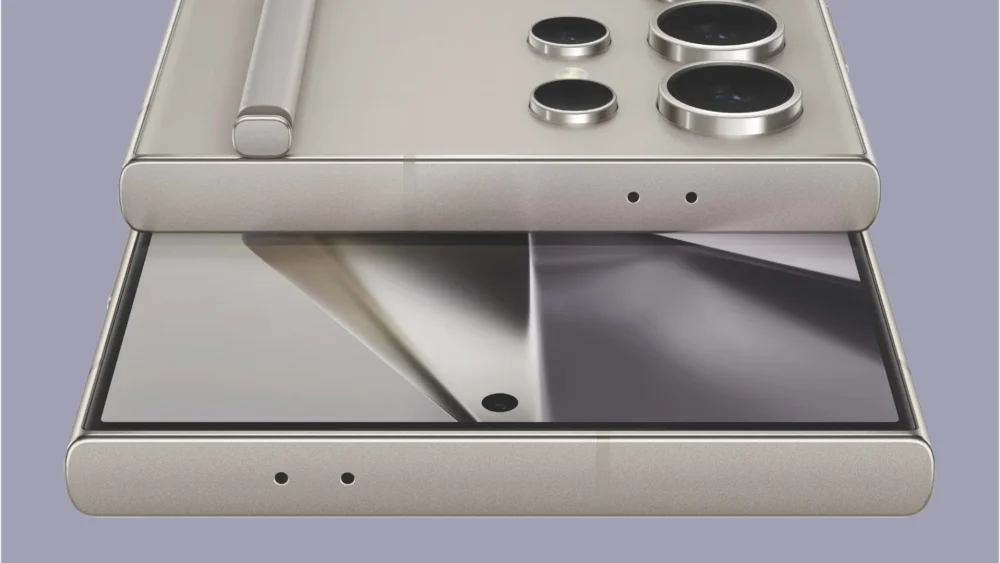Samsung’s Galaxy S24 series is confirmed to launch around the globe on January 17, 2024. The Korean phone maker just released its first teaser trailer on social media which is titled “Galaxy AI is coming.”
https://youtu.be/lKoG2_zdoSA
Just as the leaks predicted, the Samsung Galaxy S24 is going to come with AI features built into it. While details of these features remain unconfirmed, it is highly likely that “Galaxy AI” will rival Google’s recently unveiled Pixel 8 phones. This means that Samsung’s AI features may have the same limitations as its Pixel rivals.
This is because some versions of Samsung’s new teaser trailer mention in small print that AI features on Galaxy phones will require both a Samsung and a Google account as well as an active internet connection, for at least some of the functions.
As expected, this means that AI features will mostly be processed on the cloud, similar to Google Pixel phones. Galaxy S24 owners will not be able to use AI features without an internet connection and it may also take long for AI features to function. For instance, Google Pixel 8 allows users to enhance videos through AI via cloud processing, but it can take hours for a small video to process.
There is no confirmation whether Samsung’s AI features will take time to process as well. Perhaps Galaxy phones will feature a better software implementation of the same features, but that remains to be seen.
As for the requirement of both Google and Samsung accounts, it may not be an issue for many as most users on a Galaxy phone would already be signed into their respective accounts.
Last year, Samsung unveiled Gauss AI for Galaxy phones, which is a Large Language Model (LLM) similar to OpenAI’s ChatGPT. It will be capable of text and image generation and will also help with coding. The recent teaser trailer for Galaxy S24 phones makes no mention of Gauss AI, but it will likely debut with the new flagship phones.
Samsung’s One UI 6.1 features have also leaked recently, revealing custom wallpapers based on prompts similar to Google Pixel 8 as well as live translation and noise suppression on calls.
Via: Tech Radar






